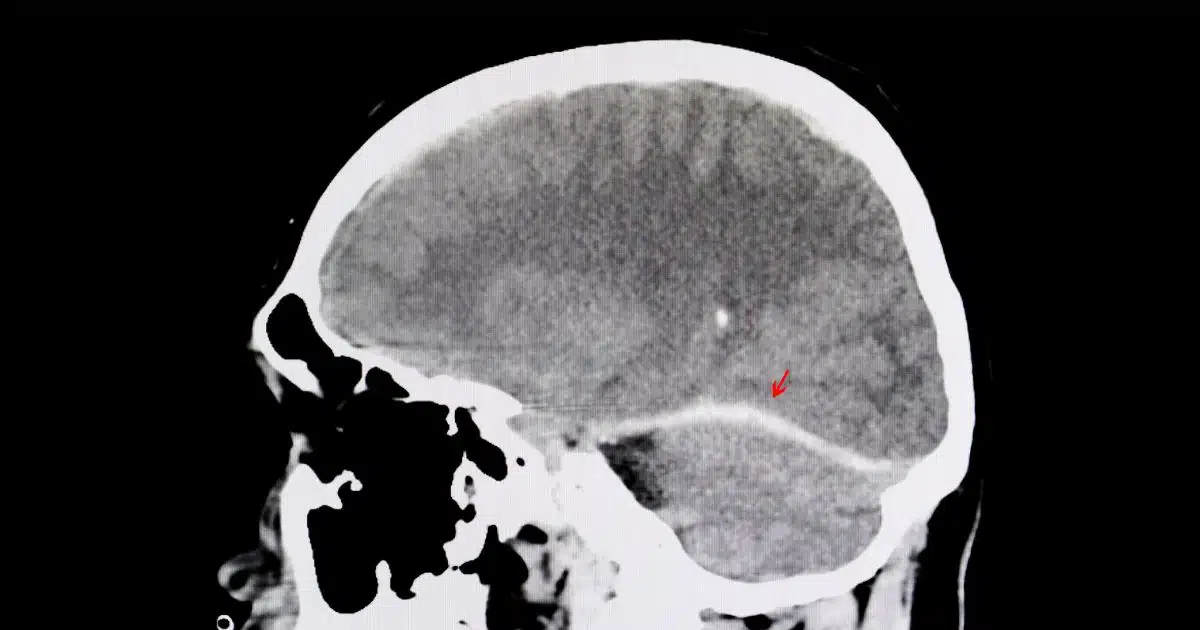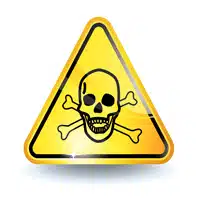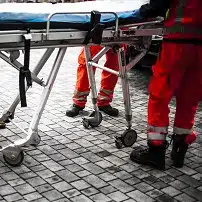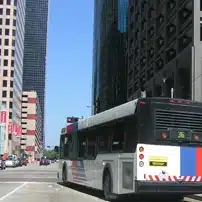The types of brain injuries that can occur in car accidents depend on several factors, such as the type and weight of the vehicles that collide, how fast they were traveling, the height and weight of the occupants and if they were wearing their seat belts, and many other variables. Accident-related brain injuries are more common than many people realize, which is why it is important to learn about them and how they occur. Listed below are some common types of brain injuries that can happen in car accidents.
Closed Brain Injuries
A closed brain injury can occur when the head strikes an object, such as the steering wheel or dashboard. However, even when no such contact is made, the brain can be damaged from being violently shaken inside the skull from the impact of a car accident.
Concussion is one form of closed brain injury that can range from mild to severe. Symptoms of a concussion include but are not limited to:
- Delayed speech response.
- Depression.
- Difficulty focusing and concentrating.
- Difficulty sleeping.
- Dizziness.
- Headaches.
- Irritability.
- Memory loss.
- Mood swings.
- Nausea.
- Sensitivity to light.
Some car accident survivors who sustain a concussion lose consciousness, but many do not. Often, symptoms of a mild concussion do not present immediately, which is why it is important to seek medical care right away following an accident, even if you think you feel fine.
Moderate and Severe Brain Injuries
Moderate and severe traumatic brain injuries can have serious and lasting effects on a person’s cognitive abilities. Symptoms of a serious brain injury can include:
- Loss of consciousness from several minutes to hours.
- Vomiting.
- Convulsions or seizures.
- Loss of coordination.
- Inability to wake up.
- Weakness or numbness in the outer extremities.
- Dilation of one or both pupils.
- Clear fluid draining from the nose or ears.
These serious injuries can result in profound confusion as well as unusual behavior, such as agitation or aggressiveness. The person may also fall into a coma.
Hypoxic and Anoxic Brain Injuries
These injuries occur when the supply of oxygen to the brain is interrupted or cut off. A hypoxic brain injury happens in the occurrence of a reduced flow of oxygen, while an anoxic brain injury occurs when the oxygen supply to the brain is completely cut off.
The brain needs oxygen to perform its many functions. Any reduction in the flow of oxygen to the brain can result in significant impairment or damage. Loss of consciousness happens after around 15 seconds of low oxygen supply. After four minutes or longer, brain cells begin to die off and permanent brain damage can occur. Without any oxygen at all, the body enters into a comatic state. The impact of a car accident can cause this type of brain injury characterized by the following symptoms:
- Loss of consciousness.
- Confusion.
- Dilated pupils.
- Disorientation.
- Facial droopiness.
- Fast or shallow breathing.
- Seizures.
- Blue or gray skin and lips.
- Slurred speech and trouble forming sentences.
Penetrating Brain Injuries
A penetrating brain injury occurs when a foreign object breaks through the skull and pierces the brain. In a car accident, this can occur either when a loose object inside the vehicle becomes a projectile from the impact of the collision, or when an object from outside the vehicle is thrown through the glass. It is also possible that during the collision, debris or damaged parts of the vehicle penetrate the skull of a vehicle occupant. The seriousness of this type of injury depends on the location of the wound, how deeply the object penetrated the brain, and the specific area of the brain that was damaged.
Treatment of Car Accident Brain Injuries
The brain controls thoughts, speech, memory, movement, and the functions of many organs within the body by sending and receiving nerve signals. A brain injury can have life-altering effects. Even minor brain injuries can cause significant medical issues, like chronic pain, persistent headaches, depression, and more.
Treatment of mild brain injuries, such as a concussion, usually involves rest and over-the-counter pain relievers. More serious brain injuries may require anti-seizure drugs, coma-inducing drugs to reduce the brain’s need for oxygen, or diuretic drugs to help remove fluid. Surgery may be needed to remove blot clots, repair skull fractures, or to open the skull to relieve pressure on the brain.
Many patients require some form of rehabilitation therapy, often to relearn basic actions, such as walking and talking. The type of therapy needed is related to the part of the brain that sustained damage. A vocational counselor can help determine if and when the patient can return to work and in what capacity.
Many people who suffer a car accident brain injury are unable to return to the workplace immediately. For some, it may be difficult or impossible to continue in their original occupation. This combined with the expenses of ongoing medical treatment can be overwhelming.
Wilmington Car Accident Lawyers at Rhoades & Morrow Assist Those Who Have Accident-Related Brain Injuries
When an accident caused by negligence leads to a brain injury, you deserve justice. Speak with one of our Wilmington car accident lawyers at Rhoades & Morrow today. Call us at (302) 427-9500 or contact us online to schedule a free consultation. We have offices in Wilmington, Bear, Milford, and Lewes, Delaware. With offices in all three counties of Delaware, we serve clients throughout the state.





